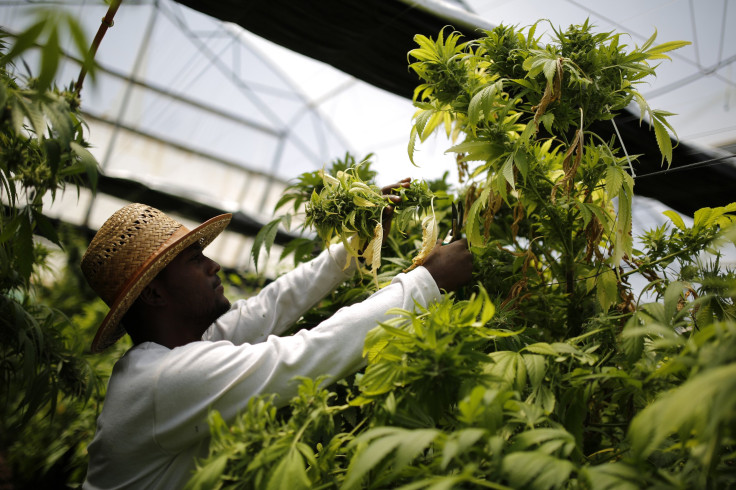Will Israel Decriminalize Marijuana Use? Public Security Minister Announces Support For Cannabis Use

Israeli Public Security Minister Gilad Erdan announced his support Thursday for a policy to decriminalize marijuana use, Haaretz reported.
"I do not take this issue lightly. Legitimacy to drug use has increased, and the number of users has increased. The awareness of the dangers and damages from regular use is dropping," Erdan, who had initially opposed the decriminalization, said, according to the Israeli newspaper.
Erdan said law enforcement authorities should have different approaches to deal with marijuana use instead of only criminal prosecution. The policy will need the cabinet's approval to come into effect. A panel, which Erdan had tasked with reviewing the issue of decriminalization, recommended administrative fines and awareness campaigns for cannabis use. It recommended a 1,000-shekel ($265) fine for those caught using marijuana for the first time and no criminal record for the offender. The monetary penalty would be doubled if the same person is caught the second time. Criminal prosecution was recommended only for offenders caught smoking in public, Erdan said.
The minister’s announcement was welcomed by lawmakers in the country.
"Cannabis consumption falls in the area of individual freedoms where the state has no reason to intervene, since it does not cause damage," lawmaker Shelly Yachimovich of Israeli Labor Party reportedly said. "What's absurd is that alcohol, which is harmful and generates violence, is permitted."
Lawmaker Tamar Zandberg, who heads the Knesset Committee on Drug and Alcohol Abuse, said that Erdan's decision was "right and brave."
Earlier this week, Israel’s justice ministry recommended pot use should not require criminal prosecution.
“Indeed there is concern that the message of decriminalization could be wrongly interpreted as encouraging use,” the ministry’s opinion reportedly stated. “This concern must be addressed through appropriate informational activities, but does not justify leaving the problematic policy of criminalization in place.”
© Copyright IBTimes 2025. All rights reserved.





















